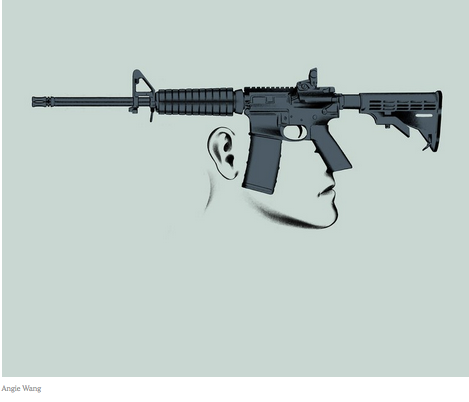SACRAMENTO — A few years ago, the police brought a 21-year-old man into the crisis unit where I work as an emergency psychiatrist. His parents had called the police after seeing postings on his Facebook page that praised the Columbine shooters, referred to imminent death and destruction at his community college and promised his own “Day of Retribution.” His brother reported to the police that he had recently purchased a gun.
When I interviewed the patient, he denied all of this. He had no history of mental illness and said he didn’t want or need any treatment. My job was to evaluate whether he met the criteria to be involuntarily admitted to a psychiatric hospital.
Each mass shooting reignites a debate about what causes this type of violence and how it can be prevented. Those who oppose further restrictions on gun ownership often set their sights on the mental health care system. Shouldn’t psychiatrists be able to identify as dangerous someone like Nikolas Cruz, the young man charged in the school shooting last week in Florida, who scared his classmates, hurt animals and left menacing online posts?
Mr. Cruz had suffered from depression and was getting counseling at one point. He was also evaluated by emergency mental health workers in 2016, but they decided not to hospitalize him. Why, some critics are demanding, didn’t he receive proper treatment? And can’t we just stop angry, unstable young men like him from buying firearms?
It’s much harder than it sounds.




